Ethnic Croats in Kosovo unhappy with security
Ethnic Croats from Kosovo informed Croatian Parliament Speaker Luka Bebić that their survival in Kosovo was "endangered".
Thursday, 24.11.2011.
19:23

Ethnic Croats from Kosovo informed Croatian Parliament Speaker Luka Bebic that their survival in Kosovo was "endangered". This was "due to great insecurity and crime which they were facing for for years", said reports. Ethnic Croats in Kosovo unhappy with security "Don Matej Palic of the St. Nikola County and inhabitants of the Janjevo village, which houses the most numerous community of Kosovo Croats, presented a number of cases of robbery and destruction of vineyards and farmland which, as they put it, were not followed by a proper reaction from the local authorities and police," Croatian Agency HINA reported. “The situation has aggravated so much that no whole family can go to a mass as one of the members has to stay in the house and guard it from the criminals,” said Palic, who is in charge of the county since 1991 when it had about 5,000 Croats, while today it has only 270. Janjevo is a village located 30 kilometers from Pristina with population of 3,500 including ethnic Croats and Albanians, as well as Bosniaks (Muslims) and Roma. Apart from the security problem, Croats also highlighted the high unemployment rate, as well as the impossibility to use as much fertile land as they need. Janjevo was populated by Croats from Dubrovnik, and the first wave of about 2,400 people left the village early in the 1990s, while the second one comprised 1,600 people who moved to Kistanje, Croatia, in 1996, HINA said. Croatian Parliament Speaker Luka Bebic informed Janjevo Croats about the talks with top Kosovo officials who said that Croats will get the national minority status in the coming elections, and that the next step is appointment of a Croat minority representative in the Kosovo assembly. The visit to Janjevo was the last stage of the two-day visit of the delegation of the Croatian parliament, during which it voiced "full support to territorial integrity and sovereignty of Kosovo", and "called for the dialogue between Belgrade and Pristina" - according to reports. Croatia recognized the unilateral declaration of independence made by the province's ethnic Albanians in February 2008. Serbia rejected the move as an illegal act of secession.
Ethnic Croats in Kosovo unhappy with security
"Don Matej Palić of the St. Nikola County and inhabitants of the Janjevo village, which houses the most numerous community of Kosovo Croats, presented a number of cases of robbery and destruction of vineyards and farmland which, as they put it, were not followed by a proper reaction from the local authorities and police," Croatian Agency HINA reported.“The situation has aggravated so much that no whole family can go to a mass as one of the members has to stay in the house and guard it from the criminals,” said Palić, who is in charge of the county since 1991 when it had about 5,000 Croats, while today it has only 270.
Janjevo is a village located 30 kilometers from Priština with population of 3,500 including ethnic Croats and Albanians, as well as Bosniaks (Muslims) and Roma.
Apart from the security problem, Croats also highlighted the high unemployment rate, as well as the impossibility to use as much fertile land as they need.
Janjevo was populated by Croats from Dubrovnik, and the first wave of about 2,400 people left the village early in the 1990s, while the second one comprised 1,600 people who moved to Kistanje, Croatia, in 1996, HINA said.
Croatian Parliament Speaker Luka Bebić informed Janjevo Croats about the talks with top Kosovo officials who said that Croats will get the national minority status in the coming elections, and that the next step is appointment of a Croat minority representative in the Kosovo assembly.
The visit to Janjevo was the last stage of the two-day visit of the delegation of the Croatian parliament, during which it voiced "full support to territorial integrity and sovereignty of Kosovo", and "called for the dialogue between Belgrade and Priština" - according to reports.
Croatia recognized the unilateral declaration of independence made by the province's ethnic Albanians in February 2008. Serbia rejected the move as an illegal act of secession.










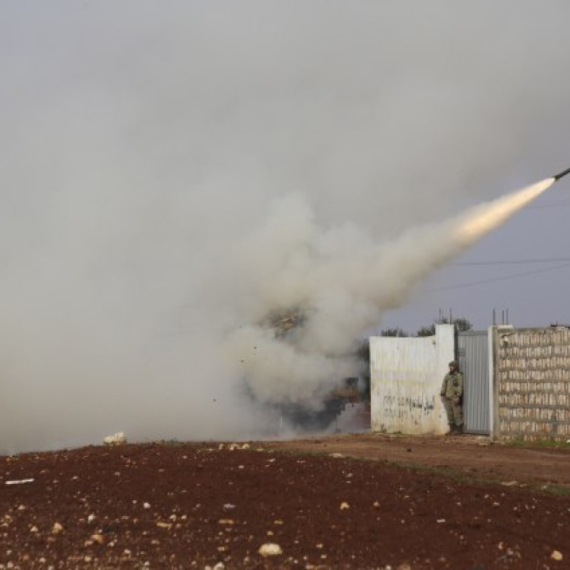
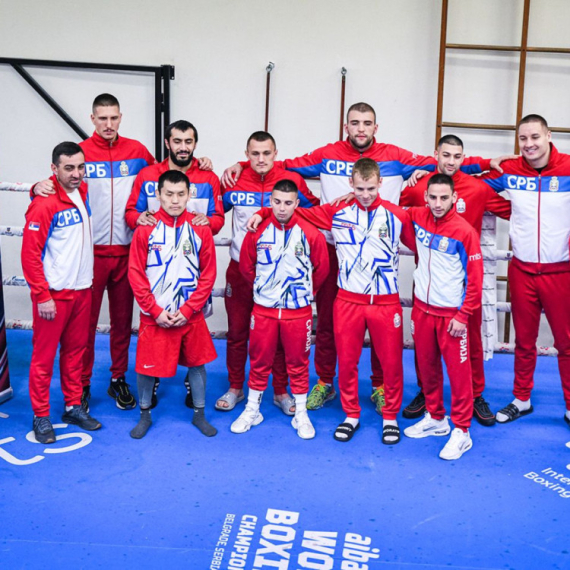

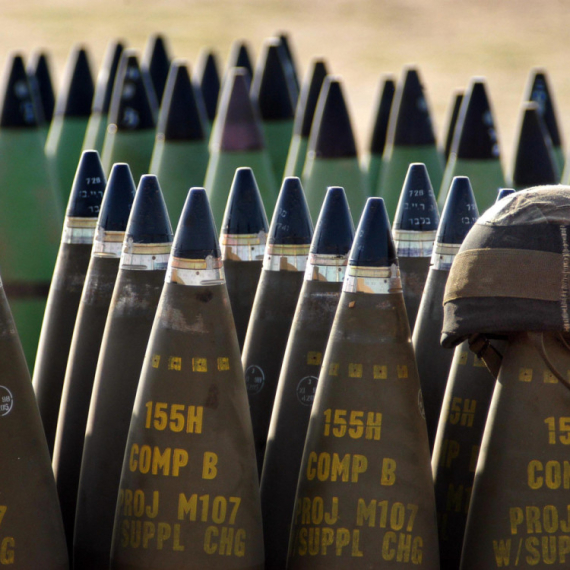
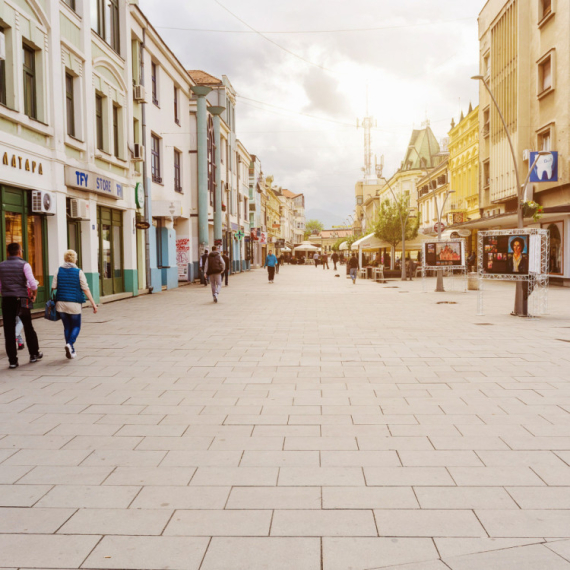
























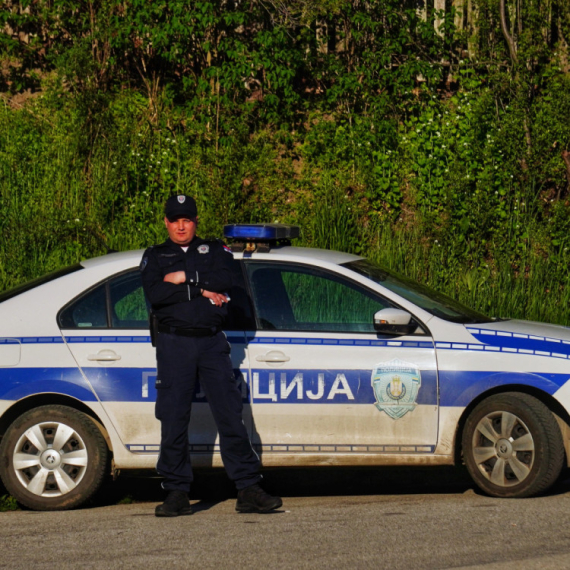
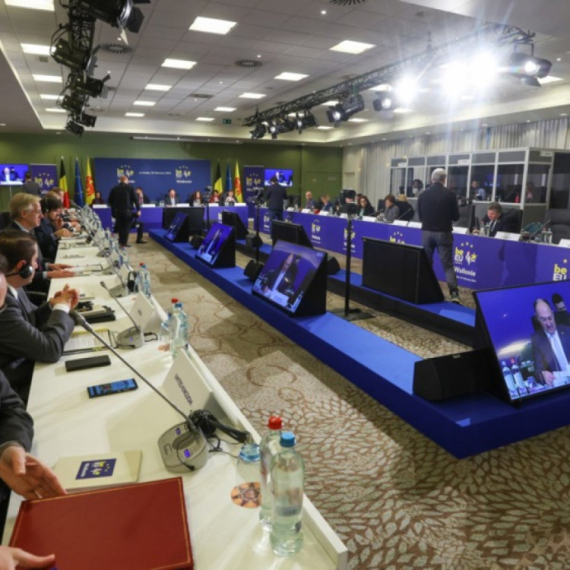
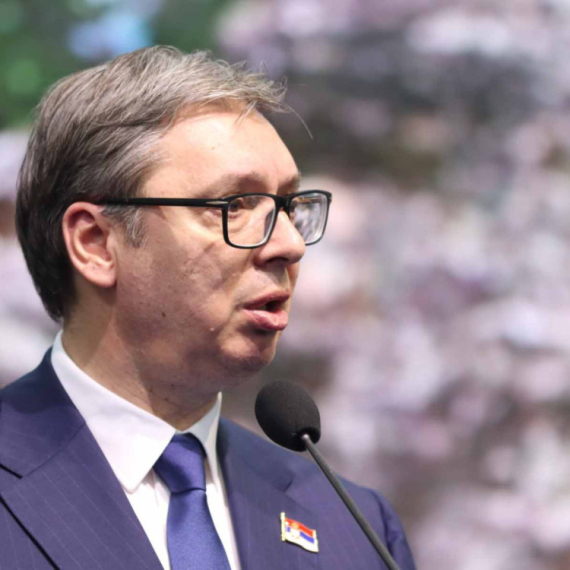
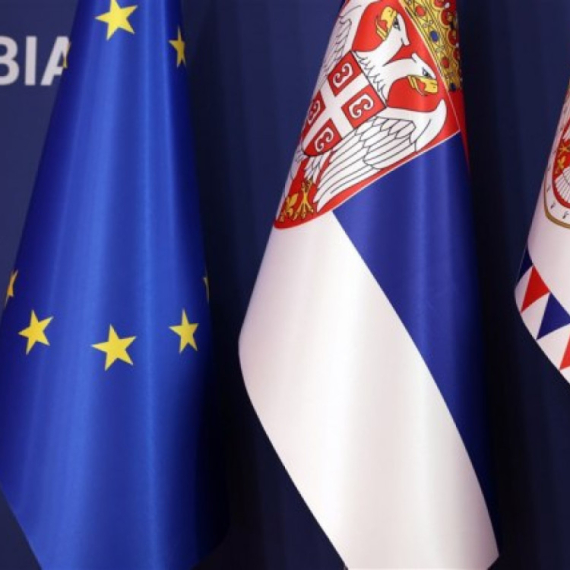









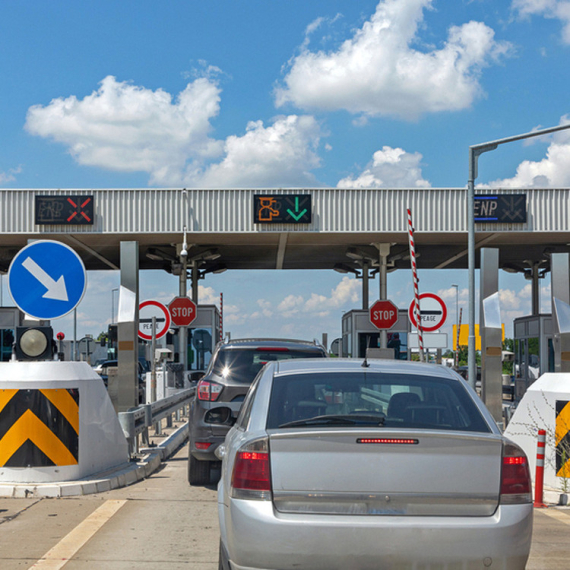






Komentari 14
Pogledaj komentare